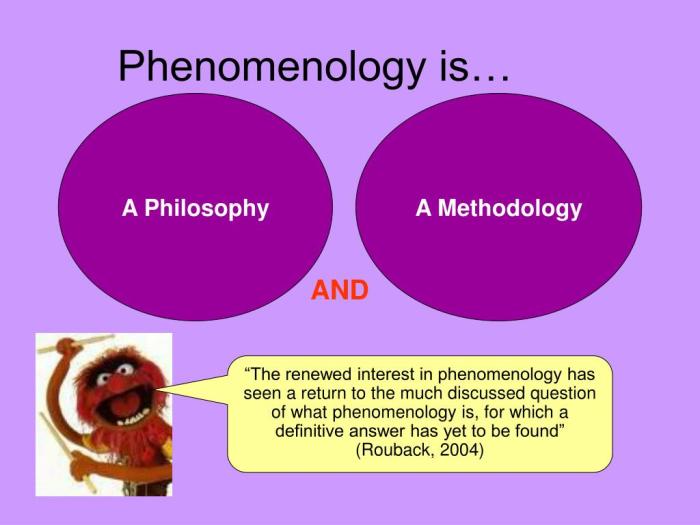Regressive restoration of the persona, a fascinating psychological phenomenon, invites us to delve into its complexities. This restoration entails a regression to an earlier stage of personality development, often triggered by significant life events or trauma. As we embark on this journey, we will explore the concept of persona, unravel the causes and consequences of regressive restoration, and delve into the assessment, diagnosis, and treatment of this intriguing condition.
Understanding the regressive restoration of the persona is crucial for unraveling its profound psychological implications. It affects interpersonal relationships, causing strain and disharmony. Moreover, it can lead to a range of psychological consequences, including anxiety, depression, and identity disturbances.
1. Theoretical Framework: Regressive Restoration Of The Persona

Regressive restoration of the persona, also known as persona regression, refers to the temporary or permanent reversion to a previous stage of personality development, resulting in a loss of maturity and adaptive functioning.
1.1. Definition of Persona, Regressive restoration of the persona
The persona, as defined by Jungian psychology, is a social mask or facade that individuals present to the world. It represents the socially acceptable and appropriate aspects of the self that are exhibited in various social situations.
1.2. Types of Regression
Regression can manifest in different forms, including:
- Age regression: A return to a younger developmental stage, characterized by childish behaviors and thought patterns.
- Symptom regression: A recurrence of previously resolved symptoms, such as phobias or compulsions.
- Cognitive regression: A decline in cognitive abilities, such as memory, attention, or problem-solving.
- Emotional regression: A reversion to immature emotional responses, such as tantrums or emotional outbursts.
Popular Questions
What is regressive restoration of the persona?
Regressive restoration of the persona refers to a psychological phenomenon where an individual reverts to an earlier stage of personality development, often as a response to stress or trauma.
What are the causes of regressive restoration of the persona?
Regressive restoration of the persona can be triggered by various factors, including major life events, trauma, and certain mental health conditions.
What are the psychological consequences of regressive restoration of the persona?
Regressive restoration of the persona can lead to a range of psychological consequences, such as anxiety, depression, identity disturbances, and difficulties in interpersonal relationships.
How is regressive restoration of the persona diagnosed and treated?
Diagnosis involves a thorough assessment of the individual’s history, symptoms, and presentation. Treatment may include psychotherapy, medication, and support groups.



